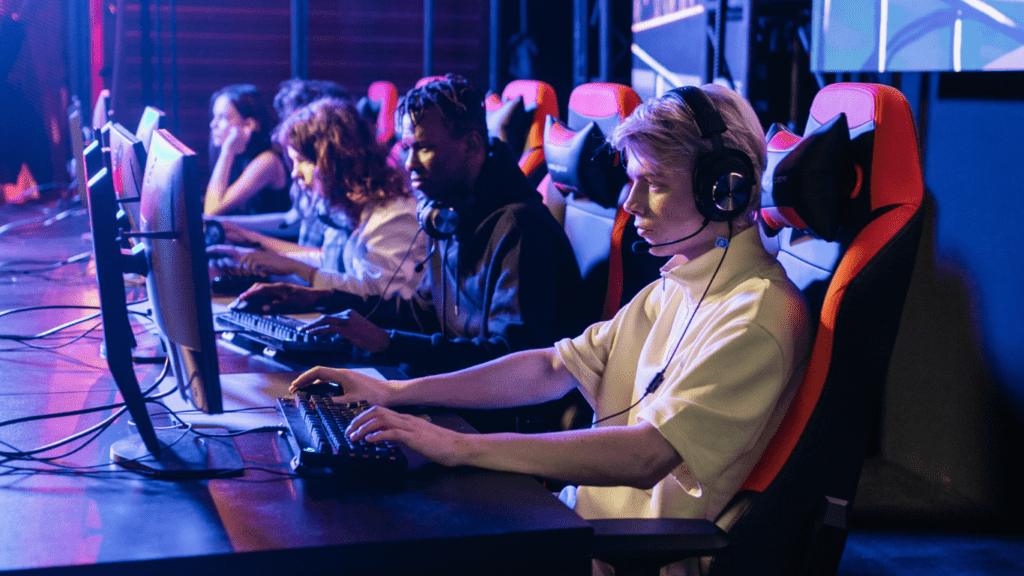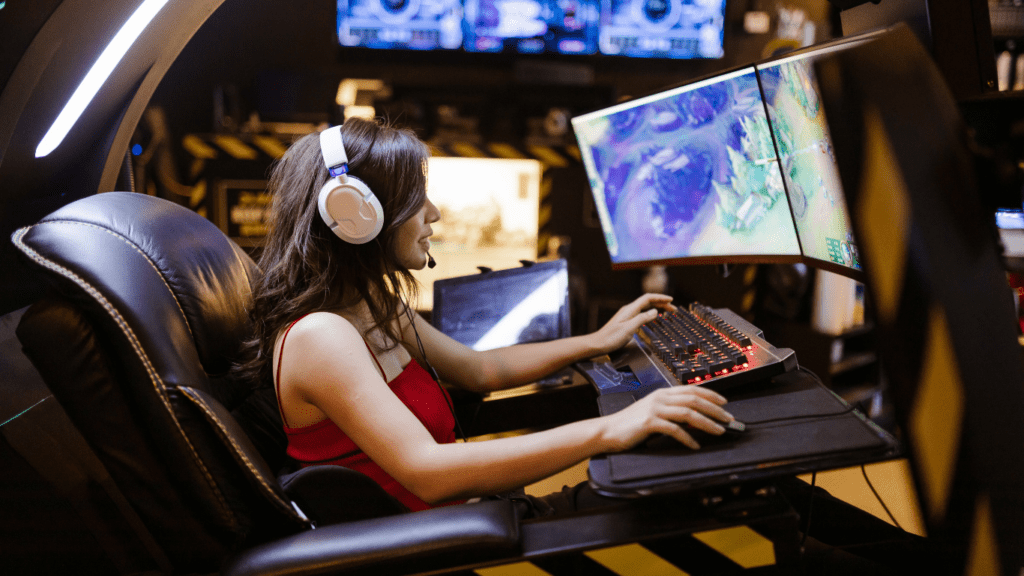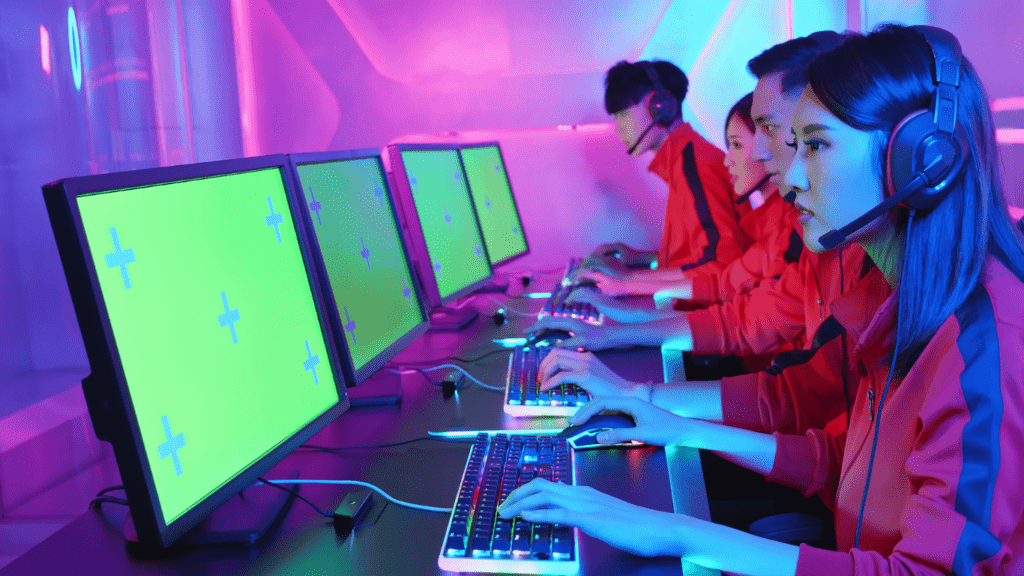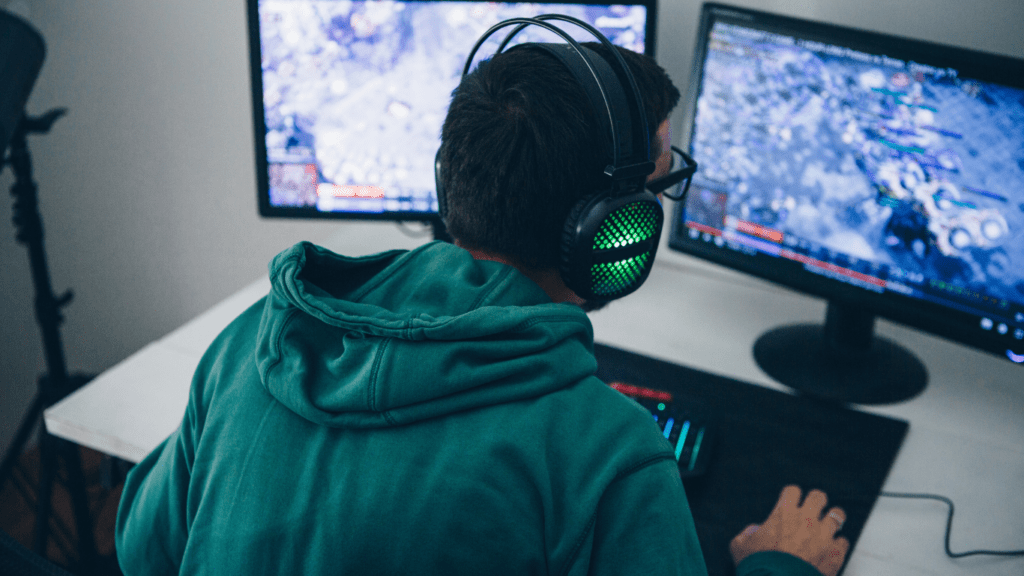Winning in esports isn’t just about lightning-fast reflexes or perfect aim—it’s a mental game as much as a physical one. I’ve always been fascinated by how top esports athletes consistently perform under pressure, adapting to high-stakes situations with precision and focus. It’s not just talent; it’s mindset.
Understanding The Psychology Of Winning
Winning in esports involves mastering mental resilience and cognitive skills alongside physical gameplay. Elite esports athletes cultivate mental strategies that enhance decision-making, emotional regulation, and teamwork under intense competition.
- Focus and concentration play pivotal roles. Athletes often train to block distractions and maintain attention on gameplay, especially during high-stakes moments. Techniques like mindfulness meditation and visualization strengthen this mental clarity.
- Stress management is another critical factor. By developing coping mechanisms such as controlled breathing or maintaining positive self-talk, players reduce anxiety’s impact on performance. These methods help sustain composure, even in unpredictable situations.
- Confidence building underpins many winning strategies. Athletes rely on rituals, affirmations, or consistent preparation routines to boost self-efficacy. This strong belief in their capabilities minimizes self-doubt and enhances in-game decision-making.
- Adaptability in dynamic environments is also essential. Players often simulate various scenarios during practice, improving their ability to react to unforeseen challenges. This flexibility ensures they stay competitive despite shifting strategies or unexpected events.
Understanding these psychological factors provides insight into how mental preparation complements technical expertise in achieving esports success.
Key Mental Strategies Used By Top Esports Athletes
Top esports athletes rely on effective mental strategies to maintain peak performance in high-pressure environments. Their ability to combine technical skill with psychological resilience sets them apart.
Building Resilience Under Pressure
Resilience enables players to recover quickly from setbacks during matches. Top athletes practice handling adversity by reflecting on past failures and identifying lessons learned. They simulate high-pressure scenarios in training to adapt to stressful in-game situations. For example, scrimmage sessions focus on maintaining composure when facing a losing streak or tactical disadvantage.
Enhancing Focus And Concentration
Focus is critical for making split-second decisions during gameplay. Many top athletes use mindfulness exercises, like breathing techniques, to sharpen their concentration. Visualization also helps by mentally rehearsing match scenarios to anticipate outcomes. I’ve seen esports professionals limit distractions with noise-canceling gear or curated environments to create an optimal mindset for sustained attention.
Developing A Growth Mindset
A growth mindset encourages players to view challenges as opportunities to improve. Elite esports athletes embrace feedback, whether from coaches, teammates, or post-match analysis. They scrutinize gameplay recordings to identify mistakes and improve strategies. This mindset fosters continuous learning, helping players remain adaptable and open to new tactics in competitive gaming.
Managing Stress And Anxiety
Stress management reduces the negative impact of high-stakes competition. Athletes use controlled breathing to lower physiological stress responses in intense moments. Positive self-talk boosts confidence, replacing negative thoughts with constructive affirmations. Preparation routines, like pre-match rituals, promote calmness and readiness by creating a sense of familiarity. For example, some players review tactical notes or watch key replays before competing.
The Role Of Team Dynamics And Communication

Top esports teams thrive on strong relationships and effective communication. Mental strategies extend beyond individual focus, requiring synchronized efforts to achieve collective success.
Trust And Collaboration
Trust is essential in high-pressure matches. Teammates rely on one another to execute strategies, whether it’s clutching a round or providing support during critical moments. Building trust involves:
- consistent performance during training
- open feedback exchanges
- a clear understanding of roles within the team
Effective collaboration ensures seamless coordination, as players align objectives and adapt individual efforts toward shared goals. Pro teams frequently review gameplay to refine synergy.
Conflict Resolution Strategies
Conflicts can arise in stressful situations, affecting team performance. Resolving these efficiently keeps focus intact. I’ve seen teams implement structured communication practices, such as designating a team leader to mediate disputes or creating post-match debriefs to discuss issues constructively. Empathy and active listening promote understanding, allowing players to address concerns without disrupting unity. Clear, professional discussions about errors prevent conflicts from escalating, fostering a healthier environment.
Importance Of Routine And Preparation
Routine and preparation lay the foundation for consistent performance in esports. Top players rely on structured routines to build confidence, reduce stress, and enhance focus during competitive play.
Creating Effective Practice Schedules
A well-designed practice schedule optimizes both skill development and mental fortitude. I analyze gameplay data, identifying strengths and weaknesses to prioritize training areas. Sessions typically include mechanical drills, strategy refinement, and review of past performances for insight.
Balanced schedules allocate time for recovery to prevent burnout and maintain mental clarity. Rest days and activities unrelated to gaming help rebuild focus and sustain long-term motivation. By steadily working within clear objectives and timelines, I improve without compromising overall well-being.
Pre-Game Rituals And Mental Warm-Ups
Pre-game rituals reduce anxiety and heighten focus before matches. I follow consistent steps like adjusting my equipment, reviewing strategies, and visualizing optimal game scenarios. These rituals help create a familiar and controlled environment, boosting confidence.
Mental warm-ups include short mindfulness exercises, breathing techniques, and light physical movements to enhance alertness. For example, I use controlled inhales and exhales to stabilize my heart rate, ensuring calm concentration. These practices sharpen my mental acuity, enabling a stronger entry into competitive sessions.
The Impact Of Coaching And Mentorship
Coaching and mentorship play a pivotal role in shaping the mental strategies of esports athletes. Coaches provide targeted training to enhance focus, adaptability, and resilience. Through performance analysis, they identify weaknesses and implement strategies to improve mental fortitude, ensuring players stay composed under pressure.
Mentors guide athletes by sharing personal experiences, offering emotional support, and fostering a growth mindset. They help players navigate challenges such as performance anxiety or burnout by promoting positive reinforcement and long-term goal setting. Mentorship also builds confidence, as players gain insights from someone who understands the unique demands of competitive gaming.
Collaborative coaching fosters better communication within teams. Structured feedback sessions and role-specific training help ensure alignment and trust among teammates. This communication strengthens group dynamics, enabling smoother execution of strategies during intense matches.
The psychological influence of a trusted coach or mentor often extends beyond gameplay. These figures assist with managing external pressures, such as media scrutiny or public expectations, by teaching athletes to focus on controllable factors. Their guidance helps top players develop a balanced mindset that supports sustained success in high-stakes environments.





